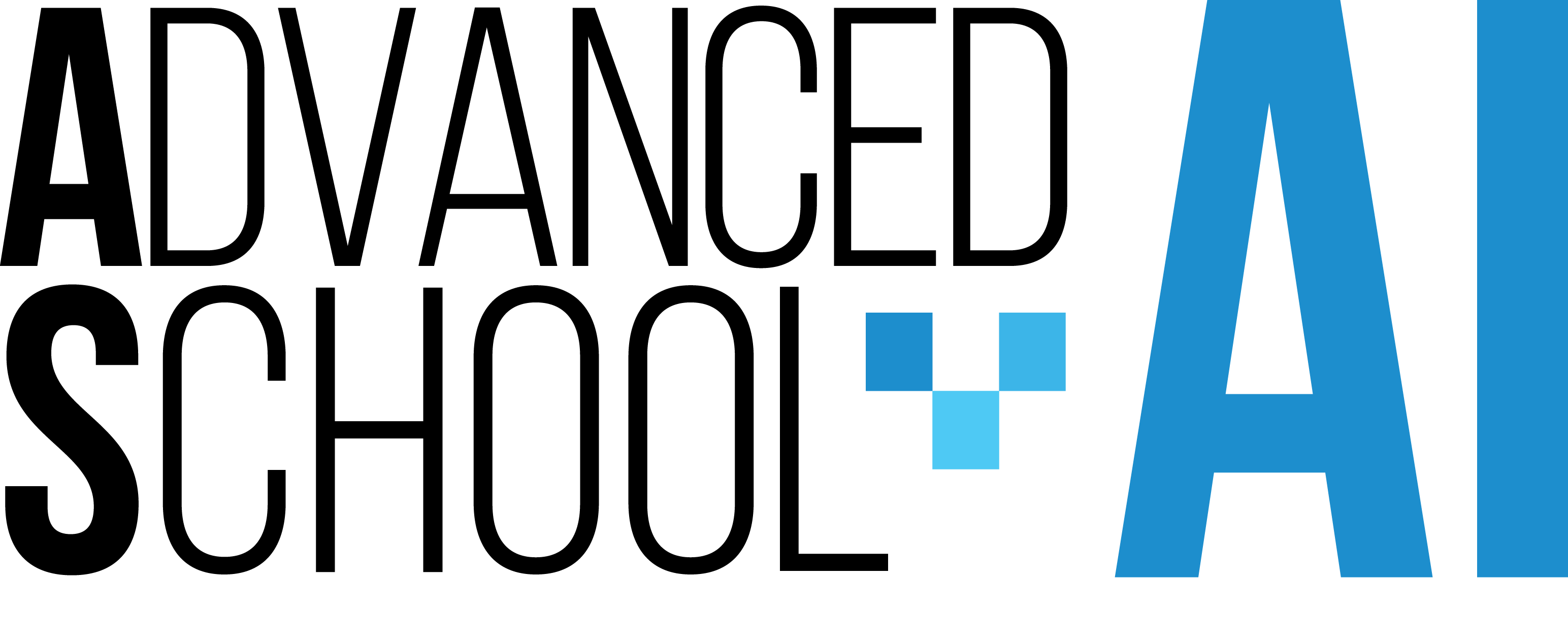Contents
The goal of this Track is to develop computational and robotic models of the brain in order to understand how it acquires and produces behaviour in healthy and ill people.
This goal will be reached through an original research method to study brain and behaviour, rooted on system-level computational neuroscience and artificial life, named Computational Embodied Neuroscience (CEN). Differently from other computational neuroscience approaches, CEN aims to understand the brain with a “top-down approach” starting from behaviour and function.
The key idea behind this is that the brain evolved to allow animals to act so as to improve their survival and reproductive chances. So to fully understand how brain works, we need to understand not only its mechanisms (anatomy and physiology, the common focus of neuroscience) but also its functions, i.e. “what it is for”. This is why the group is keenly interested in linking the knowledge produced not only by neuroscience but also by psychology.
The study of System neural-network computational models will be based on a series of specific computational modelling exercises on the most important connectionist neural-networks.
Case studies of Computational embodied neuroscience will be completed with models targeting specific brain and behavior phenomena, based on the study of specific scientific papers and related computational models
Professional possibilities after the School
• Application for a PhD with bursary after the School, either in Italy or abroad, as a first step towards an academic career leading to a Research Profession
• Possible enrollment during the School to a PhD program without bursary, in particular the “PhD in Computer Science – University of Plymouth (Plymouth, UK)” (made possible by an agreement between ISTC-CNR and the University of Plymouth).
• Professional employment in the private sector in companies that deal with artificial intelligence and autonomous robotics.
• Professional employment in the public sector in institutions that deal with neuroscience, brain diseases, mind, artificial intelligence, autonomous robotics.
Topics of the Research Project (each student Project will focus on a sub-set of topics)
- Computational system-level models of brain and behavior
- Artificial intelligence and machine learning, in particular neural networks
- Autonomous agents, humanoid robots, embodied intelligence
- Motor learning, motor control and decision making
- Intrinsic motivations, open-ended learning, and development
- Brain impairments: autism, Parkinson’s disease, Alzheimer disease, substance and behavioural dependencies
- Neural and psychological basis of consciousness and mindfulness


